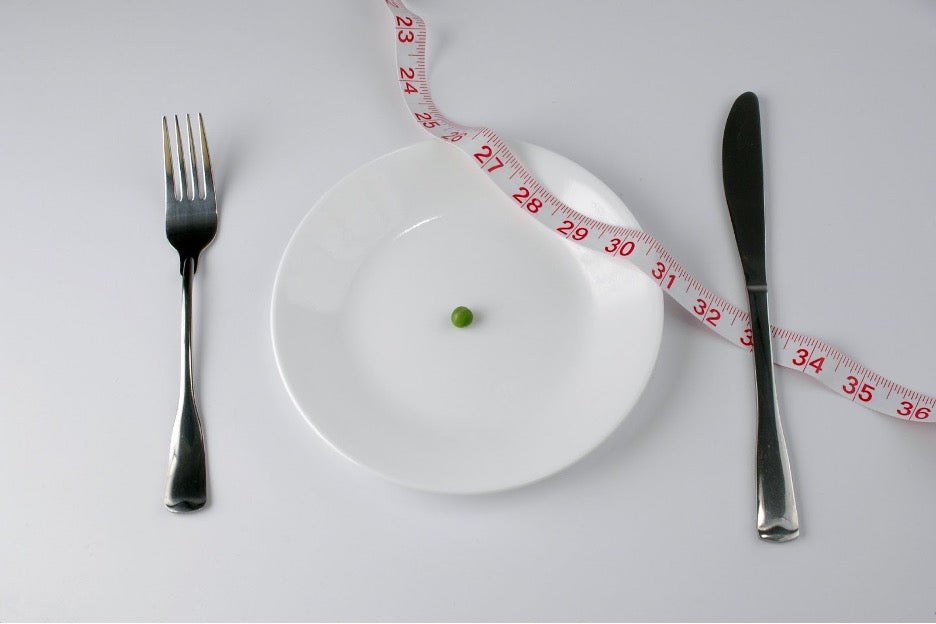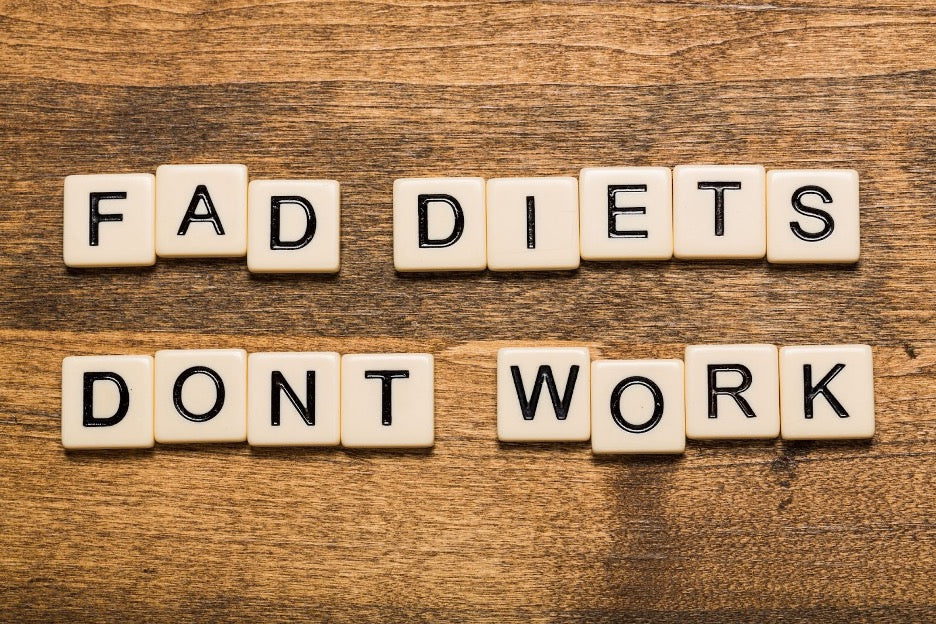Here’s the skinny on fad diets—if there was one that worked for everyone AND kept the weight off, we’d all be doing it. The truth is, many of these fads promise miraculous results—and some of them do come through on those promises—for a while. That being said, many also completely fall short of expectations and some others are downright unhealthy.
You’ve most likely already heard of the ketogenic (keto) diet, intermittent fasting (IF), and detox cleanses—but are these methods worth it—and do they work? It’s time to dive into the science of fad diets and see if they’re really pulling their weight.
The Keto Diet: High Fat, Low Carb—Risky?
The keto diet promises weight loss by drastically reducing carbohydrate intake and replacing it with fat, pushing the body into a state of ketosis. While it may lead to rapid short-term weight loss, the keto diet can be unsustainable as well as potentially harmful when used over a significant period.
One of the biggest concerns is the diet’s inherent nutritional imbalance—keto restricts or eliminates many fruits, vegetables, and whole grains, leading to deficiencies in essential vitamins, minerals, and fiber. On top of that, a high intake of saturated fats can increase the risk of heart disease. And guess what? The Journal of the American College of Cardiology has linked low-carb diets to increased mortality—and that’s definitely not what you’re intended health outcome should be!
Intermittent Fasting: Timing Over Nutrient Quality
Intermittent fasting requires alternating between periods of eating and fasting, with popular methods including the 16/8 method and the 5:2 diet. While IF can lead to weight loss by reducing overall calorie intake, it does not inherently teach healthy eating habits or ensure a balanced intake of nutrients. On top of that, fasting for extended periods of time can lead to side effects such as fatigue, irritability, and binge eating during non-fasting periods.

Detox Cleanses: More Harm Than Good?
Detox cleanses, often involving liquid diets or cleansing products, claim to purge the body of toxins and lead to rapid weight loss. However, these diets not only lack in scientific evidence but have also been linked to nutrient deficiencies, electrolyte imbalances, and poor digestive health.
Our bodies are already naturally equipped with organs like the liver and kidneys to detoxify—so many of these cleanses become redundant and can actually detract from genuine healthful eating practices. A review in Psychology Today criticized detox diets for their lack of empirical evidence and do not provide enough nutrients or calories, which can lead to deficiencies and, in extreme cases, death.
So, What’s the Solution? A Balanced Diet Approach
Fad diets rely on extreme dietary changes that are often unsustainable and potentially harmful. Instead, nutrition experts prefer a balanced diet approach that emphasizes moderation, variety, and nutrient density. What does that include?

- A wide variety of fruits and vegetables: Rich in vitamins, minerals, and fiber, fruits and veggies support overall health and can help prevent chronic diseases.
- Whole grains: Packed with nutrients and fiber, whole grains can help with heart health and weight management.
- Lean proteins: Poultry, fish, legumes, and nuts are essential for a healthy diet as well as muscle repair and growth.
- Healthy fats: Sources like avocados, olive oil, and fatty fish support brain health and keep your appetite satiated.
With a balanced diet approach, you gain sustainable lifestyle changes rather than questionable quick fixes that can lead to health risks. By eating for nourishment and enjoyment, and focusing on whole foods rather than processed foods combined with physical activity, hydration, and mindful eating practices, you can gain long-term health and well-being without the physical and mental strain that comes with rapid weight loss regimens.
While fad diets may offer the allure of rapid weight loss, they often come at the cost of nutritional balance and long-term health. By centering on moderation and nutrient-dense foods like swiig’s line of ingredients, supplements, and snacks, you gain a realistic and healthful strategy for weight management.
And finally, keep in mind that it’s vital to approach the latest diet trends and their purported benefits with caution. Consulting with healthcare professionals and registered dietitians can provide personalized guidance tailored to your personal health needs and goals.
Check out our wide range of all-natural foods from swiig to fuel your everyday health sustainably.
Sources
Active Ability - Healthy Diet Versus Fad Diets
Psychology Today - The Evidence on Detox Diets


